The Future of the Workplace
There has been a lot of discussion in recent months and some wild predictions of what the future may hold. We sat down with Amicus Head of Workplace Strategy Steve Collis to bring some clarity to the debate.
What do you think the workplace will look like in 12 months time?
While it’s comforting to predict the future, it’s also outrageously difficult to do successfully, especially in times of rapid change. Actually, continued rapid change seems to be the one clear bet. Clever organisations will increasingly conceptualise the workspace as a ‘platform’. This perspective recognises that there are a variety of work settings available at any given time (the hardware platform) and that people can mobilise within those settings in different ways depending on the circumstances (this is the ‘software’ – often referred to as ‘ways of working’).
Increasingly, therefore, we’ll be seeing:
- Wider recognition that a workspace can exist in widely different forms, it includes home settings, work settings, and perhaps third places like co-working hubs or cafes.
- Permanent internal workplace strategy teams responsible for maximising workspace capabilities and driving ‘ways of working’ skillsets across the workforce. This same team can drive rapid changes to the workspace, technology, and ways of working as required by shifting circumstances.
- An exquisite awareness of both the power of virtual collaboration and its terrible shortcomings – it can do so much more than we knew, and yet cannot replicate physical presence.

Where should organisations invest to ensure a successful working environment that is fit for the future?
The first place to start to invest in is experience mapping. The measure of a work environment is its impact on its people. Does it hinder or enable? And, not all experiences are equal. Organisations need to identify the sorts of activities and experiences that are most critical to future success.
There is a necessary tension here between the individual and the collective. For my own personal workflow my top priority might be to focus for the next three hours, and the ideal location for this might be at home. However, by prioritising this individual experience I may have deprived colleagues of a chance to share ideas and skills that, in the long term, are more impactful to company success than my personal deadline.
The great opportunity during this disruption is to invest in autonomy and trust, and the way to do this is to start a shared conversation about activities and experiences and how these impact where and when we work.
The correct investments in real estate, location, office design, office fitout and technology will fall out of this higher conversation about how the organisation is going to succeed, and what it requires of its people to succeed moment by moment.
An exercise like this can result in a ‘ways of working’ charter that shows how staff can undertake the best work of their lives by being intentional about navigating the affordances and constraints of their work environment.
Interested in joining the conversation?
We’d love to have a conversation to ‘rumble around’ with the current circumstances and what you and your people are currently experiencing. Our expertise is around ‘ways of working’ and we’ll aim to bring some value to the conversation from what we’ve seen across many organisations.
Whether employee experience, workplace strategy or technology is your main driver for change, let's discuss how we can best embrace this transformation for your organisation. Get in touch now!

/Cap%20Stats/workplace-strategy-guide-blog.jpg)
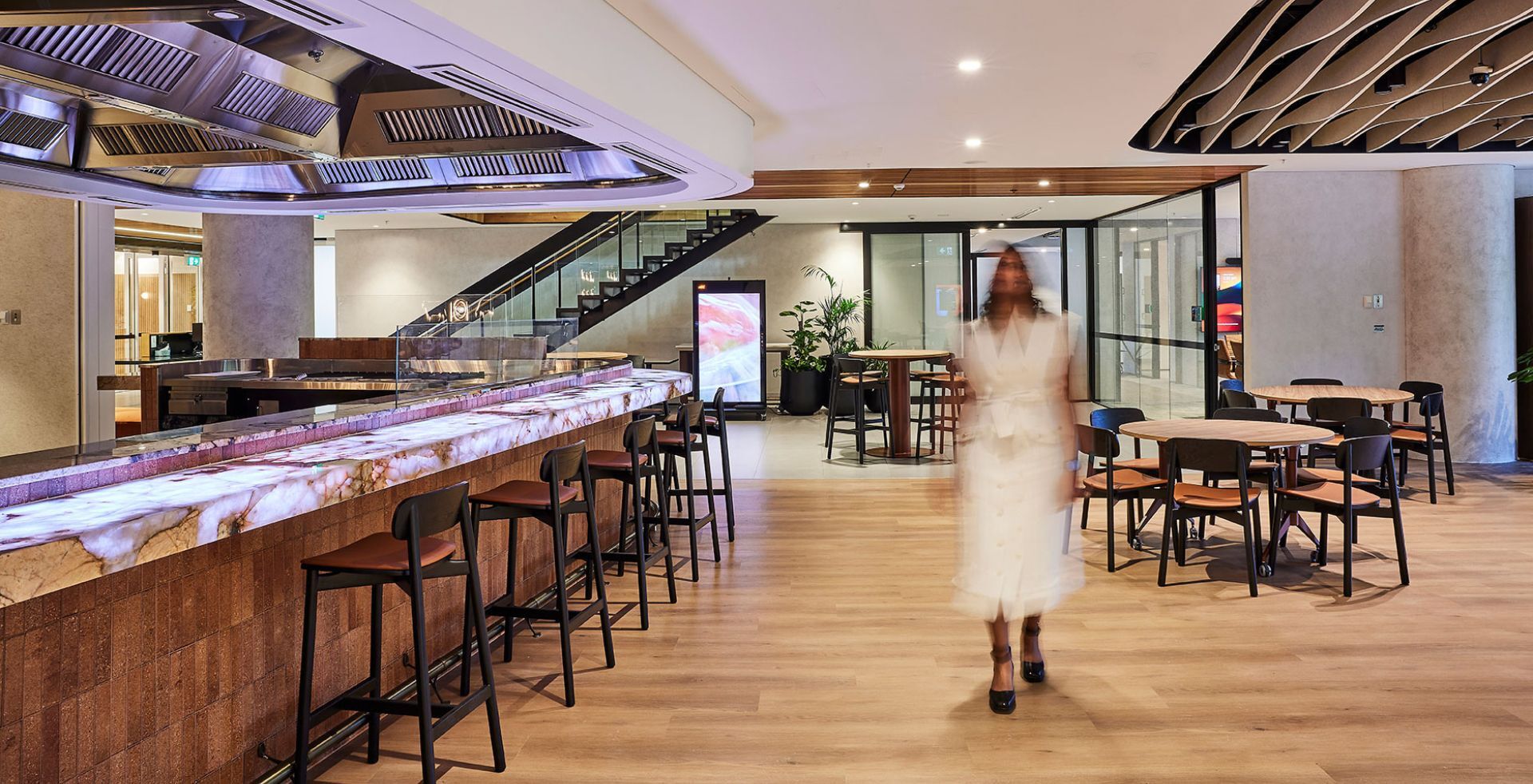
-2.jpg)
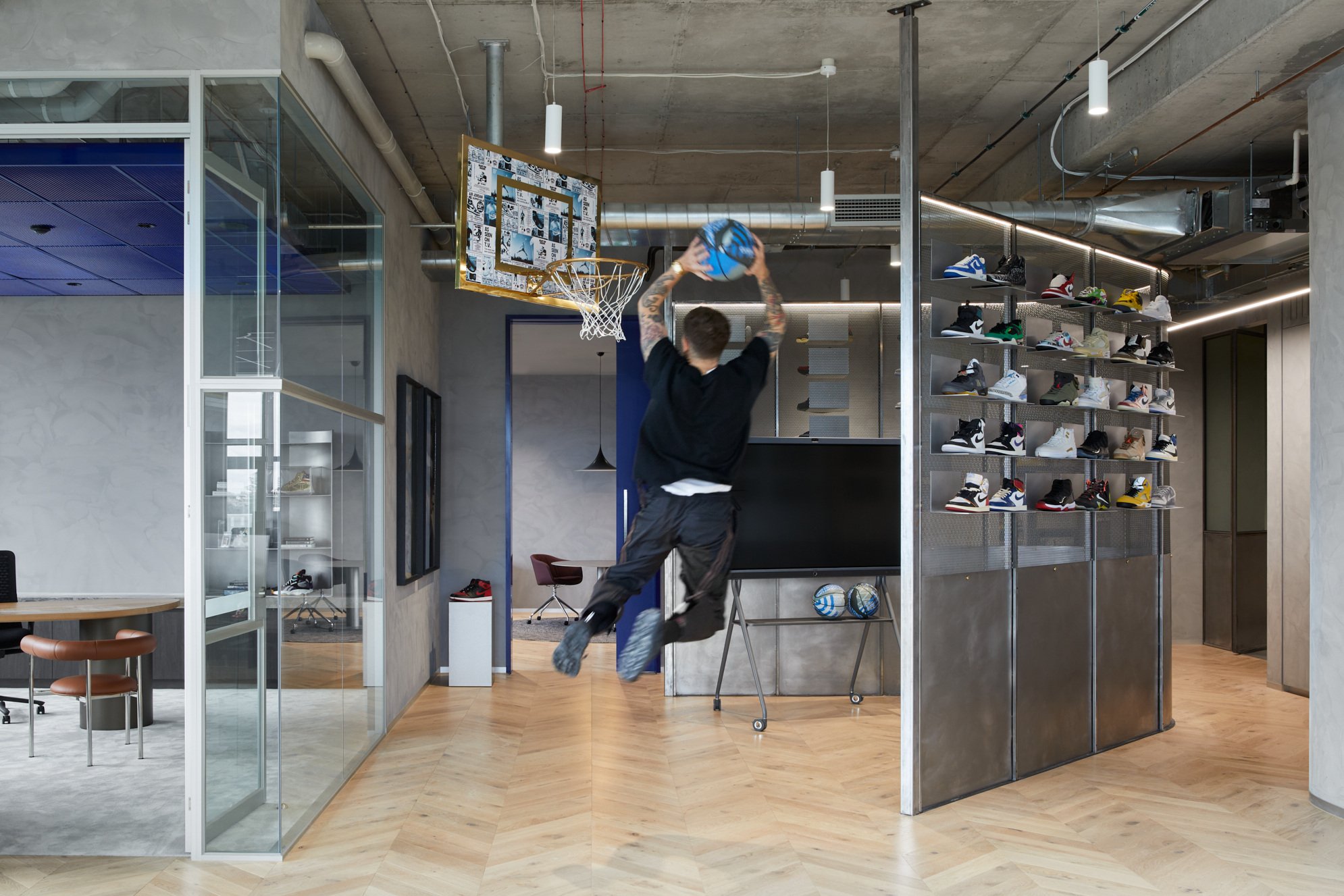
-2.jpg)
-2.png)
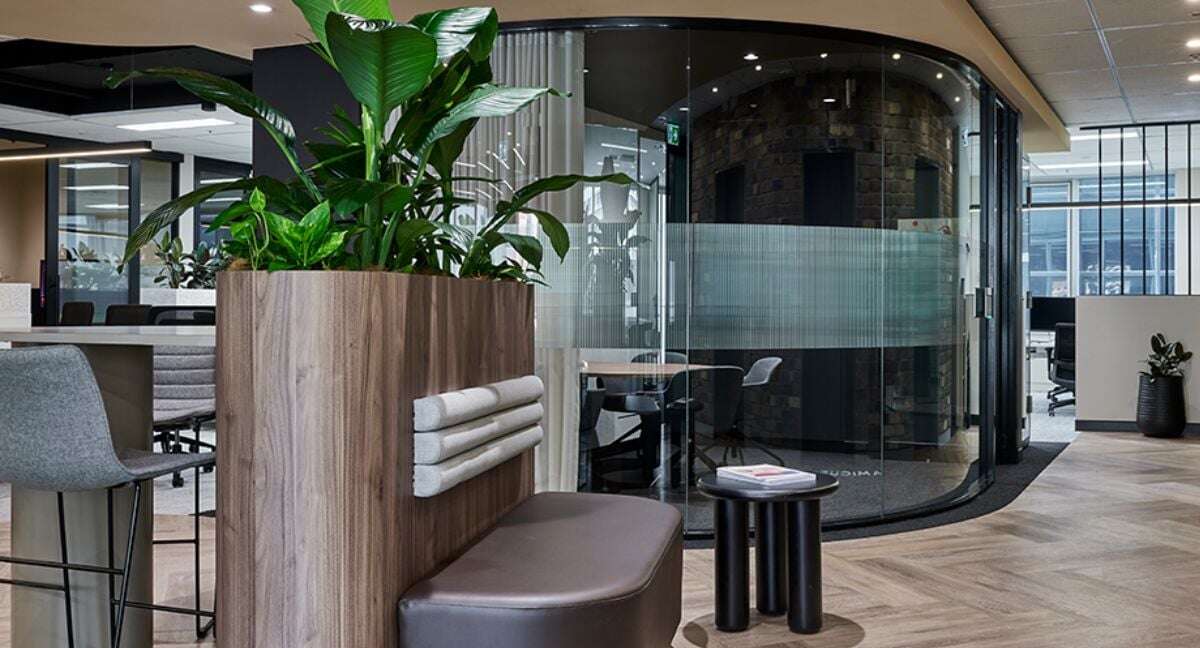
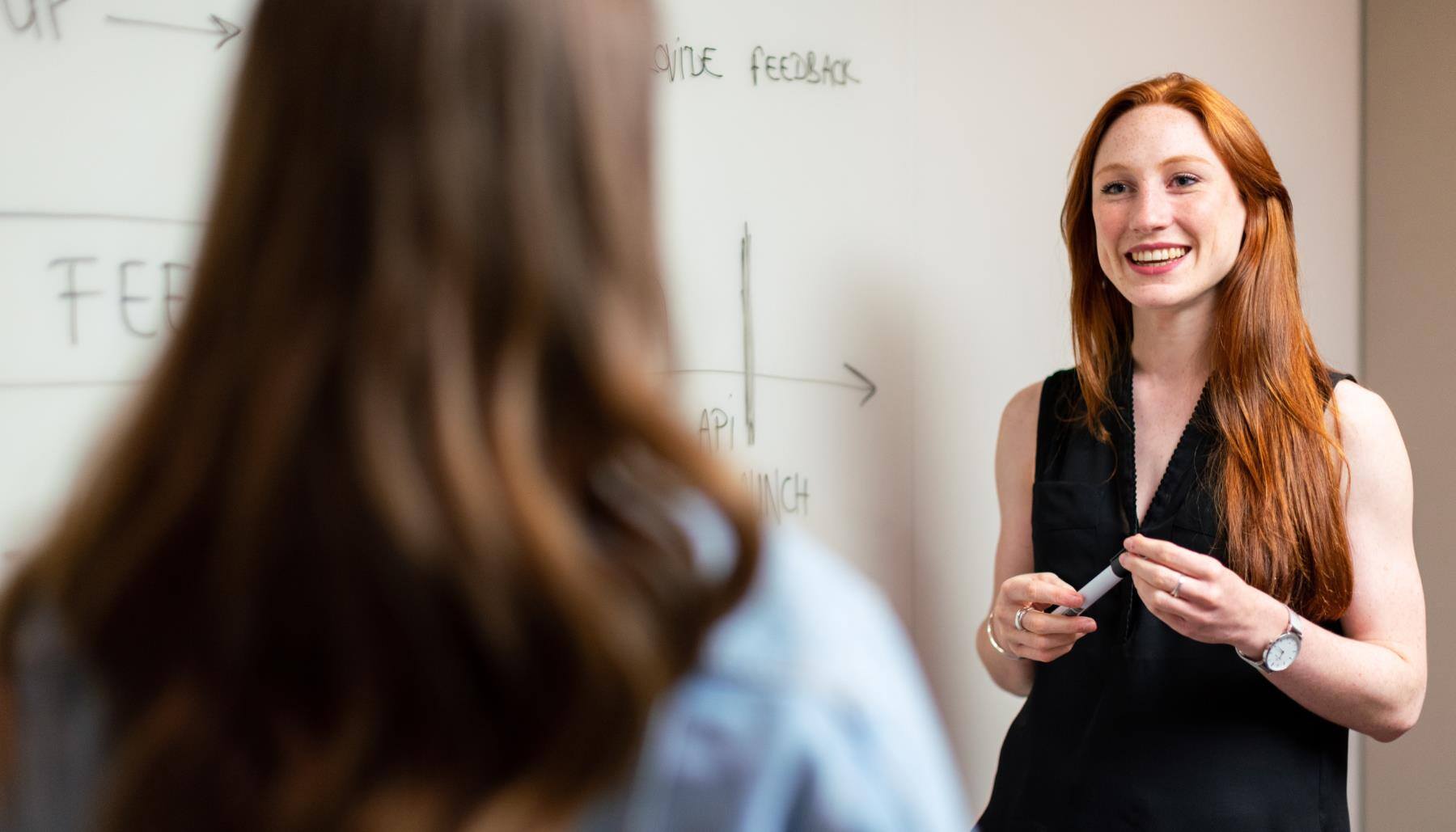
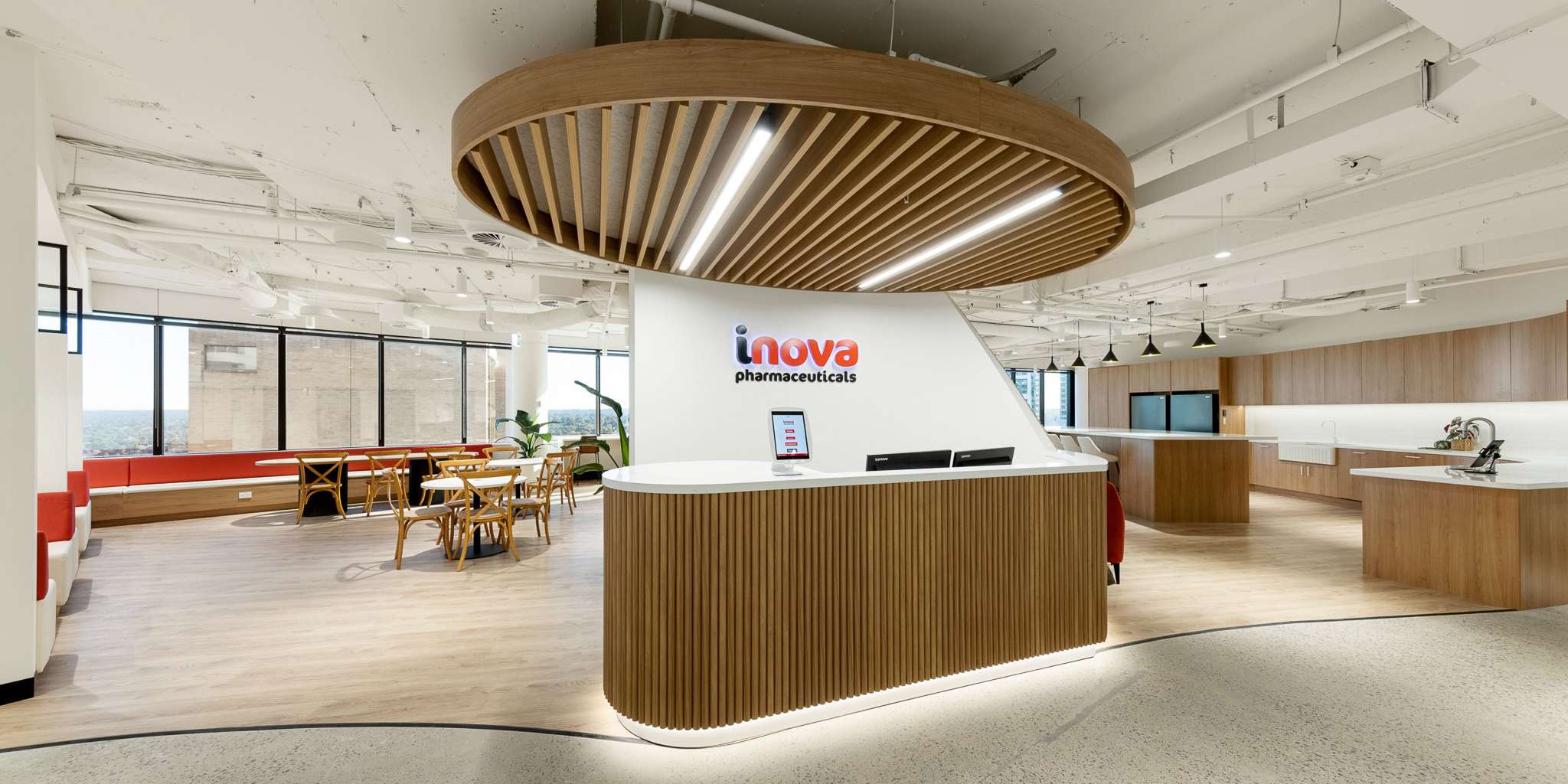
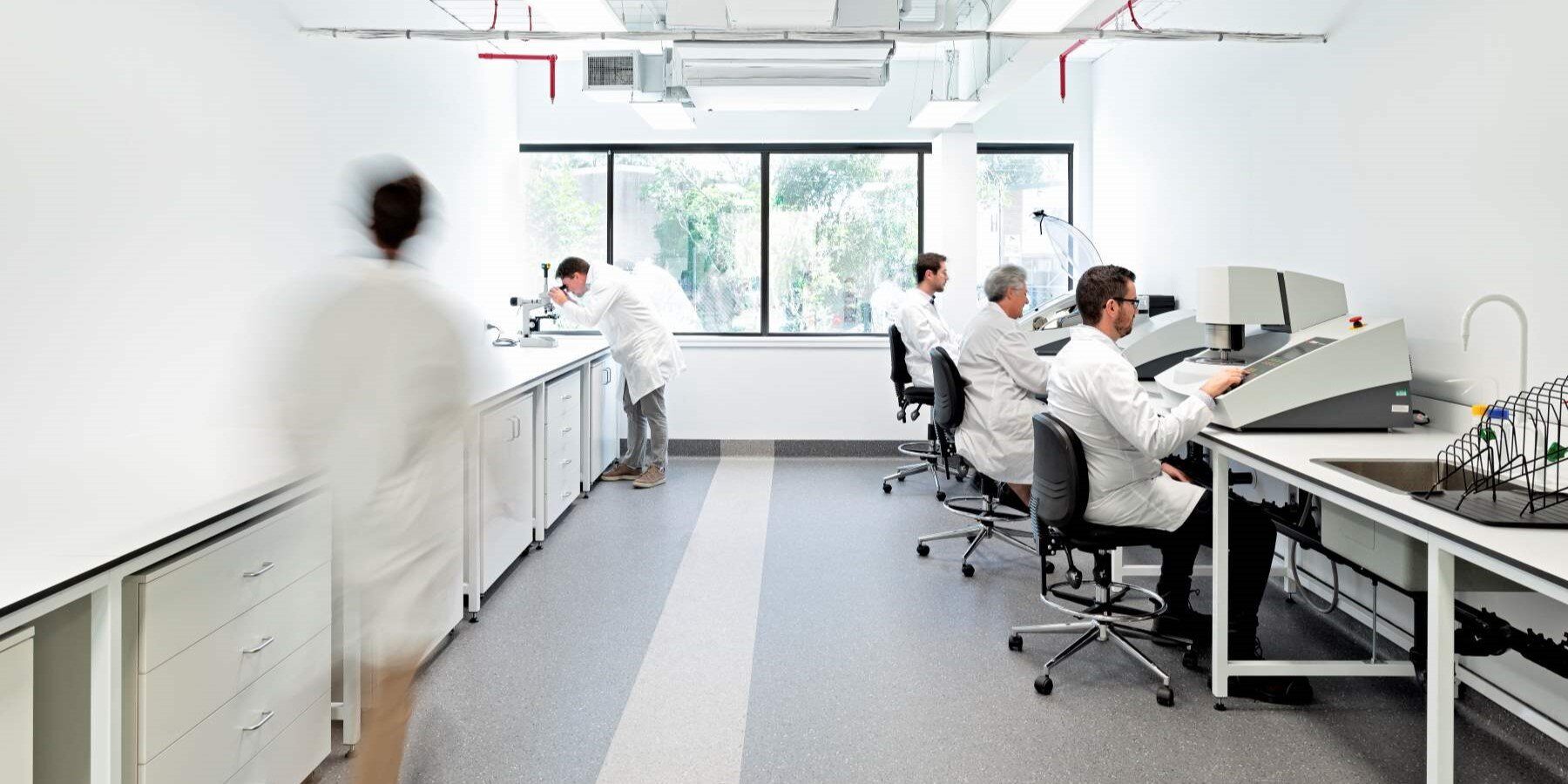
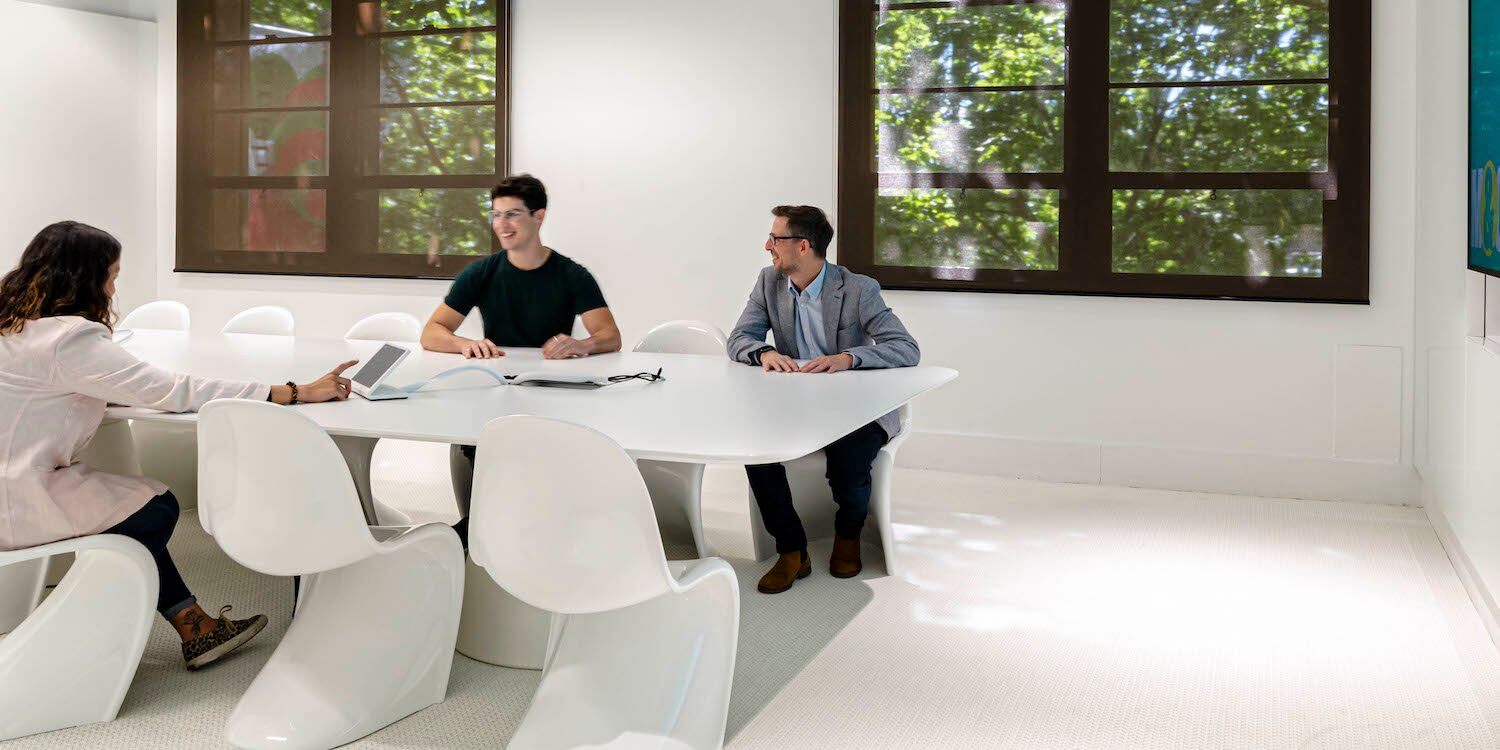
/Sectors/Office/contact-amicus.jpg)